Gut Issues? Your Bones May Be Affected
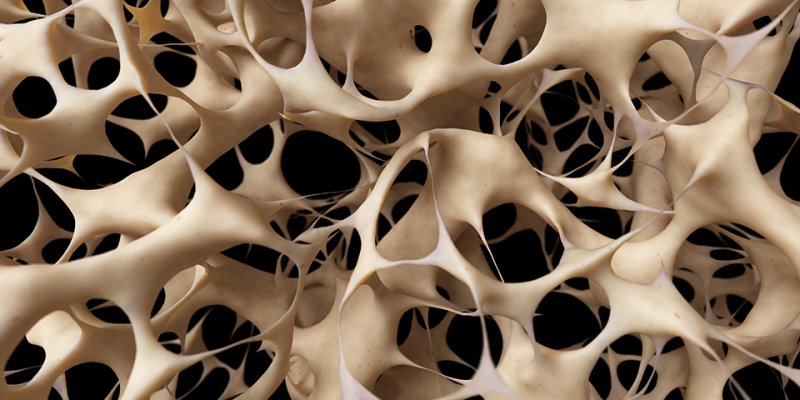
Whether you have mild gut issues or a more severe problem like Crohn’s disease, you probably know that gut issues can make it difficult to absorb all of the nutrients you might need. Some gut conditions can cause leaky gut, where absorption is compromised, others might cause you to have rapid evacuation of foods so that they are not completely broken down and their nutrients made bioavailable, while still others may mean you can’t process fats as you should. Aside from these problems, if you’ve encountered problems with your gut, you know one of the triggers may be food allergens or intolerances, which can limit which foods you may be able to safely consume. Gluten, dairy, legumes, and some fats are common culprits. While these problems with absorption may mean you have had to adjust your diet accordingly, there are some nutrients that become exceedingly difficult to get enough of just through diet. One of these is Vitamin K, particularly K2, and if you have a problem absorbing Vitamin K2, that means you may have a problem getting enough Vitamin D, particularly D3 as well. We recently wrote about the D3 absorption problem in our blog. Let’s focus on K2 now, and its link to D3.
Naturally occuring vitamin K is found as either K1 or K2. K1 is typically found in food sources such as leafy vegetables, and is the form most often consumed in modern diets. K2 can typically be found in animal foods and fermented foods, synthesized through the work of highly specialized bacteria found in the gut. Structural differences between vitamin K1 and K2 affect bioavailability and the rate at which your body can absorb this key nutrient. We typically do not consume sufficient quantities of vitamin K2 through diet alone and supplementation becomes an important part of most wellness plans. This is true for many adults, regardless of health status. Once you consider gut issues in this equation, the problem becomes even more acute. Vitamin K2 plays an important role in calcium utilization. Calcium is a critical mineral for building and maintaining bones and teeth. The main function of vitamin K is to modify protein, giving it the ability to bind calcium. This mechanism is crucial for healthy bones. Vitamins K and D have emerged in research as a superhero combo working together to support bone growth and cardiovascular health (Ballegooijen, et al 2017). Indeed, they state “Current evidence supports the notion that joint supplementation of vitamins D and K might be more effective than the consumption of either alone for bone and cardiovascular health”. Vitamin K is critical to bone health as it is necessary for bone mineralization. Vitamin D is critical to pair with Vitamin K because of Vitamin D’s function of powerfully enhancing calcium absorption. The pairing helps us as we age to maintain stronger bones, healthier arteries and a stronger immune response.
So, how is absorption affected by gut conditions? To start with, many people understand that they may need to supplement with calcium as they get older, particularly women. This is because of an increasing risk of osteoporosis due to the demineralization of the bones, especially in post-menopausal years. Fewer people know that Vitamin D3 supplementation is also recommended for many as they age as well. This is because raw calcium may not be bioavailable unless there is enough Vitamin D to help absorb the calcium, making it bioavailable. Even fewer know that Vitamin K2 “supercharges” the ability of Vitamin D3 to do its job of calcium absorption. Indeed, “The combination of vitamin K and D can significantly increase the total BMD and significantly decrease undercarboxylated osteocalcin, and a more favorable effect is expected when vitamin K2 is used.” (Kuang, et al, 2020). Bone mineral density (BMD) is essential for bone health, especially as we age and lower BMD is correlated with fractures, osteoporosis, joint problems, and general bone fragility. Osteocalcin is a common protein found in bones, and is dependent upon Vitamin K for production. It’s essential to building bone structure and assists with other processes in the body like coagulation. Lower levels of Vitamin K2 is correlated with a lower ability to build bone structure (Wagatsuma, et al, 2019). Unfortunately, many different gut conditions can decrease the absorption of Vitamin K2. Any sort of fat absorption disorder, for instance those related to lower bile can mean neither Vitamin D nor K can be absorbed in sufficient quantities. Wagatsuma, et al, cited above, conducted a study with Crohn’s patients whose Crohn’s Disease was inactive at the time of the study and still found that those patients had a similar incidence in Vitamin K deficiency as those with active Crohn’s. Why? Because Crohn’s and other gut conditions can rapidly and permanently change the microbiome of the gut. This same study found that “The diversity of the gut microbiota was significantly lower, and Ruminococcaceae and Lachnospiraceae were significantly decreased in the vitamin K-deficient group in comparison to the vitamin K-normal group”, and further “Vit K deficiency is rare in healthy individuals [22], but has been found to be more common in patients with inflammatory bowel disease (IBD)” So, the risk is that IBD, Crohn’s, Bile and pancreatic disorders, and most likely those that have other gut disorders will have lower levels of Vitamin K. particularly K2, that those who have lower levels of K2 have lower levels of Bone Mineral Density because vitamin D3 levels are both potentially lowered and impeded in its ability to bind to calcium to make it bioavailable to the bones and heart resulting in risks of osteoporosis, refractures and cardiac events, and potentially suppresses the immune system. Yikes! Luckily, the authors of these studies recommend supplementation with a D3-K2 combination for those individuals with gut problems to help ward off these problems by raising overall serum levels of these vitamins and minimizing risk of these effects from vitamin deficiency.
The Progressive Nutracare K2-D3 formula represents an all inclusive, fat soluble, supplement delivering therapeutic doses of vitamins K2 and D3. The “sunshine vitamin”, vitamin D plays a role in over 200 metabolic processes, with its most crucial being its involvement in supporting your immune system and in helping the body absorb calcium. Our formula is designed to maximize absorption through a fat soluble delivery mechanism which is ideal for absorption through the intestinal environment. Both vitamin K and D depend on fat to be absorbed, so it helps that fats are paired with the vitamin itself in the supplement. Progressive Nutracare K2-D3 is a potent and highly absorbable complex featuring therapeutic doses of both vitamins K and D. K2-D3 features 5000 I.U’s of D3 and 90 mcg of K2 in each softgel pearl. Our vitamin K2 is delivered as MK-7, a patented version of vitamin K designed for optimal absorption and bioavailability. In addition, given the suppression of healthy gut flora with various gut conditions, you should always consider taking a good probiotic as well.
As with all our formulas, what's on the label is in the bottle, guaranteed. Get a jump on your immune function and bone health today with K2-D3!
- Robert Thomas

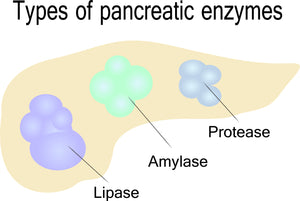

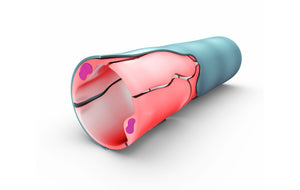
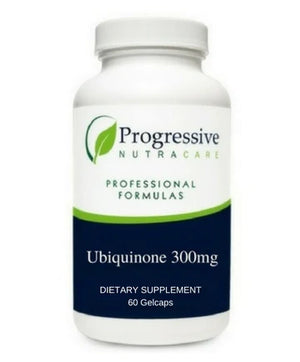

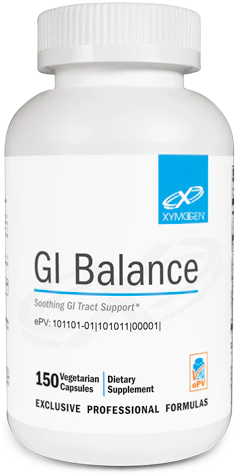
Comments 0